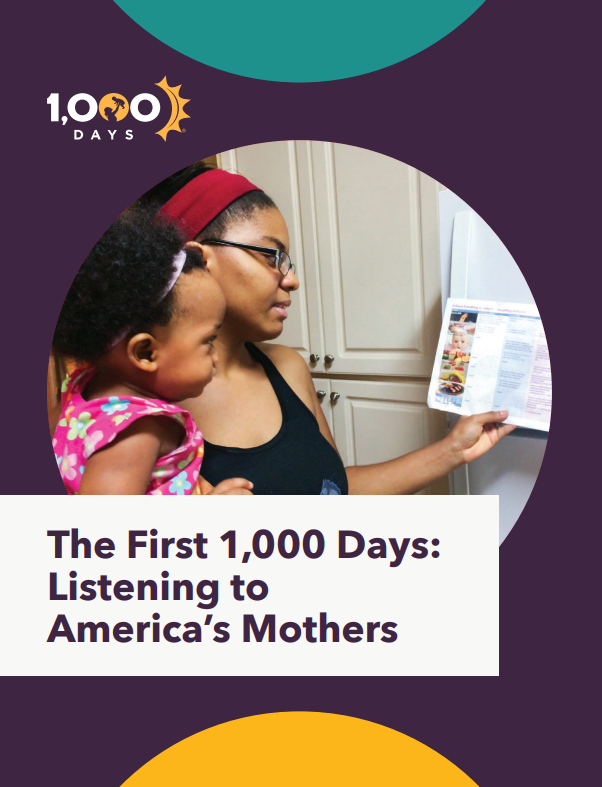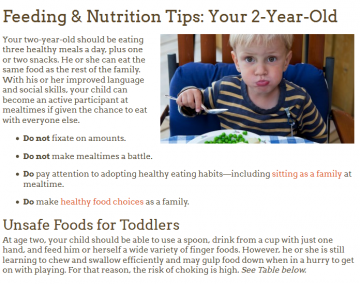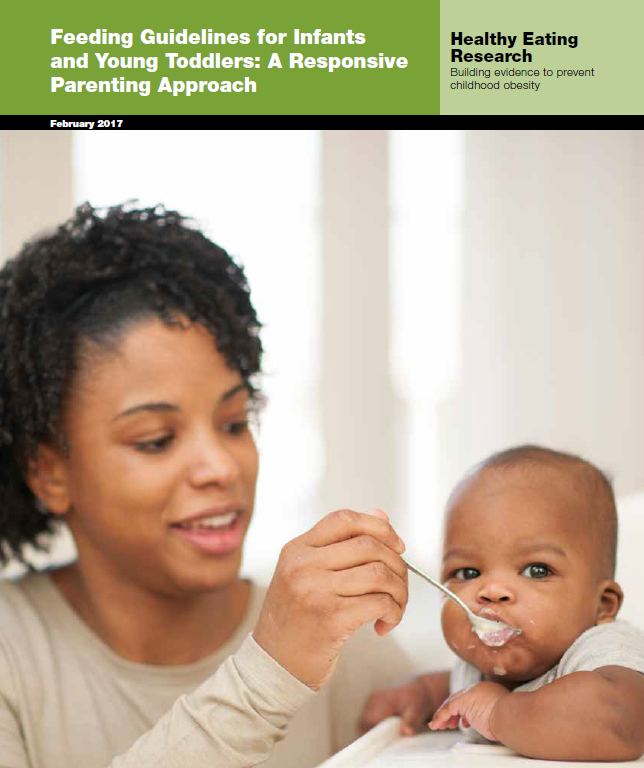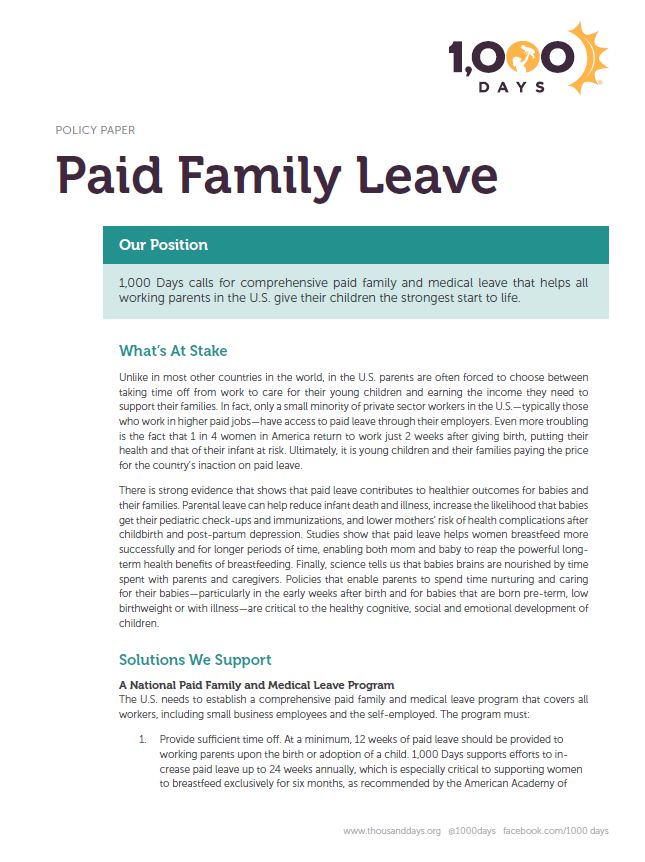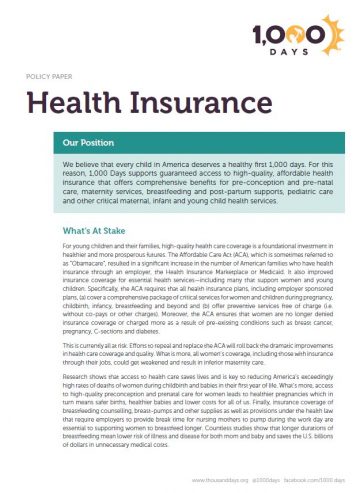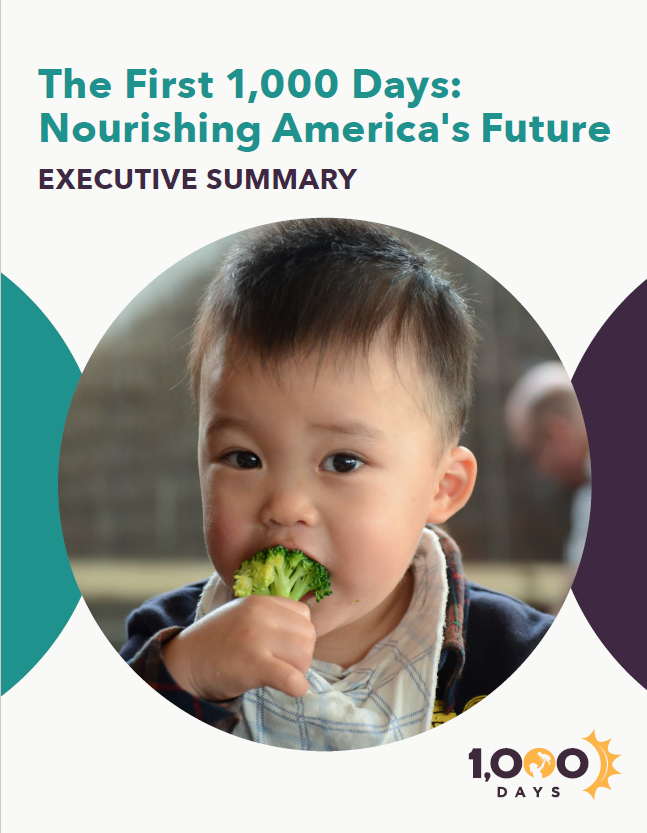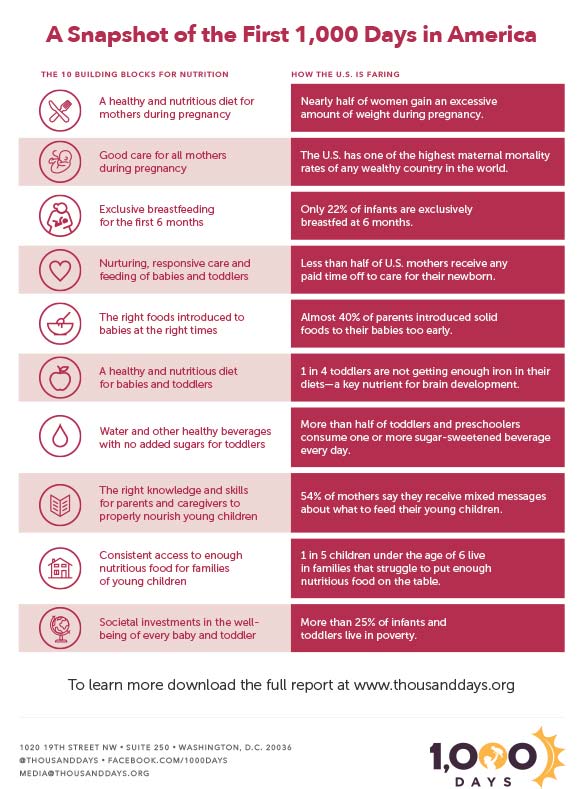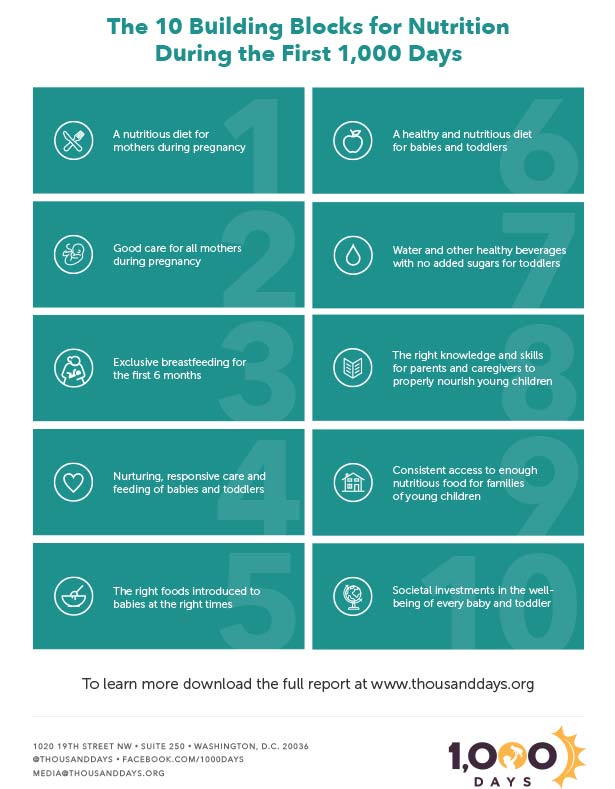Is your baby ready to start eating foods?
How do you know if your baby is ready for foods other than breast milk or infant formula? Every baby is different – but you can look for these signs to tell that your baby is developmentally ready to start trying foods:
- Your baby has good head control. Your baby can keep his or her head in a steady, upright position.
- Your baby can sit up with little or no support. Your baby needs to be able to sit upright in a highchair to swallow well.
- Your baby is able to grab objects. Your baby uses his or her hands to grab and hold onto objects, like a spoon.
- Your baby shows interest in what others are eating. Your baby opens his or her mouth and leans forward when food is offered.
- Your baby is about 6 months old. At around 6 months of age your baby’s gut has developed to digest foods other than breast milk or formula.
If your baby can do ALL of these things then he or she is ready to try first foods.
Breast milk and/or formula will remain a key source of nutrition for your baby throughout his or her first year. But by introducing a variety of nutritious foods beginning around 6 months you can teach your baby healthy eating habits that can last a lifetime. So have fun with it. You’ve got this!
And remember, talk to your child’s pediatrician or health care provider about any questions or concerns.
To learn more, check out these additional resources related to this topic:
- More bite-sized videos about introducing first foods – 1,000 Days
- When, What, and How to Introduce Solid Foods – Centers for Disease Control and Prevention (CDC)
- Signs of Solid Food Readiness – American Academy of Pediatrics’ Healthy Children
- Starting Solid Foods– American Academy of Pediatrics’ Healthy Children


